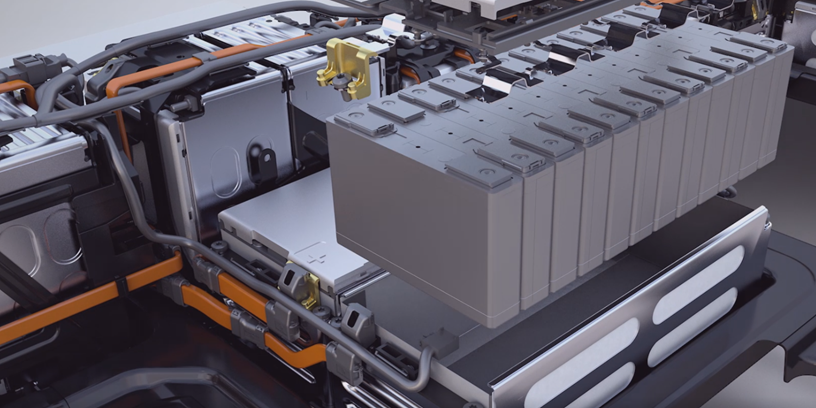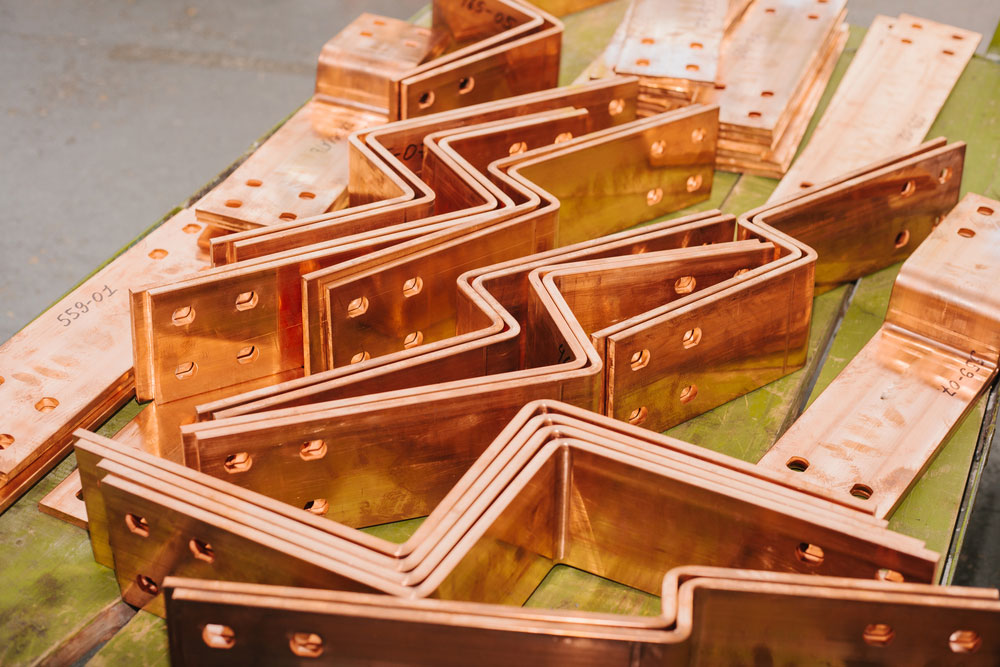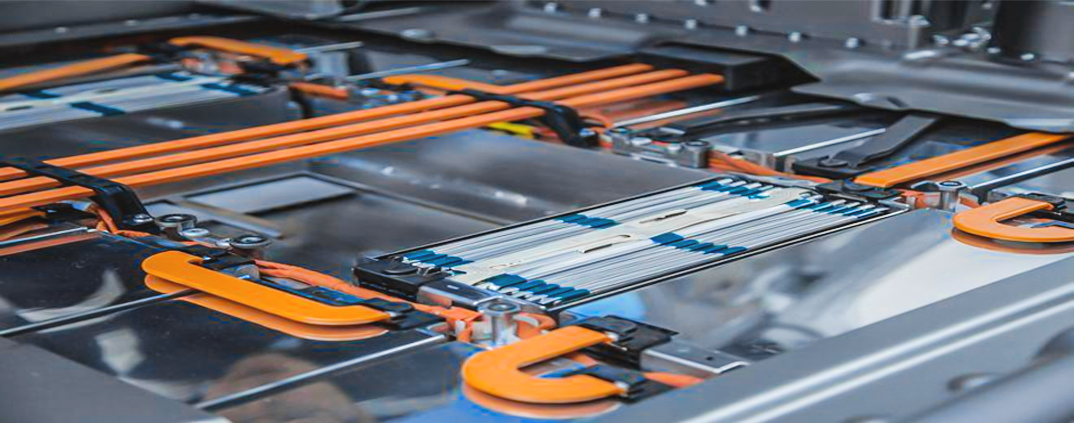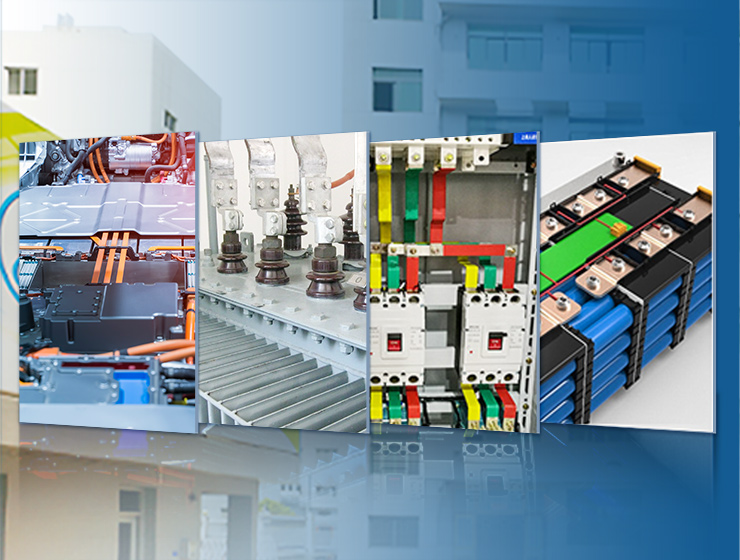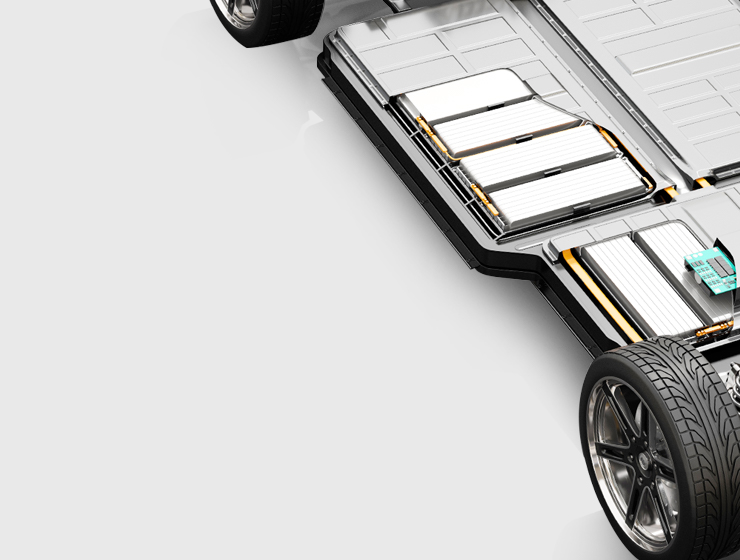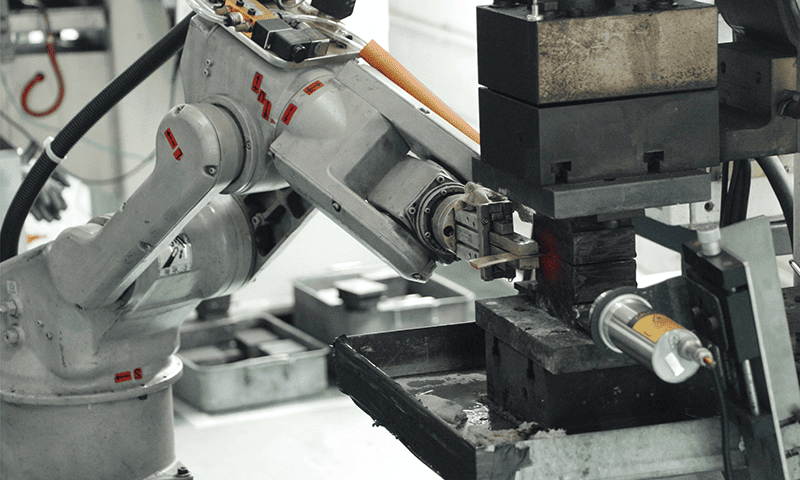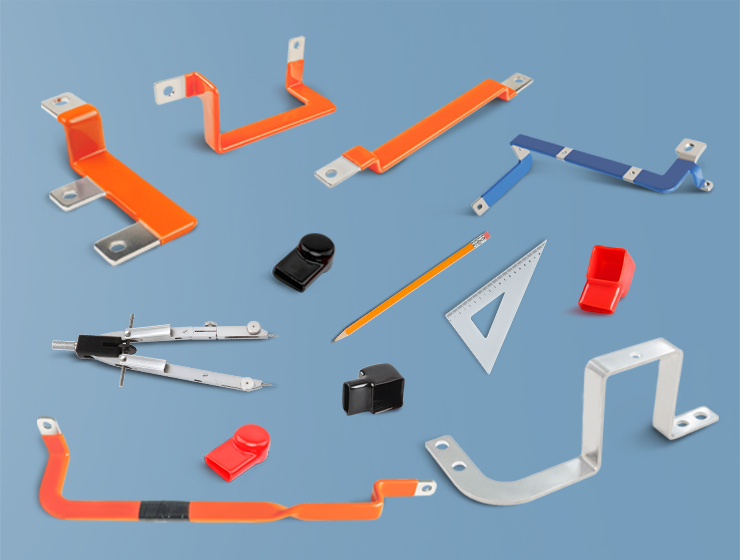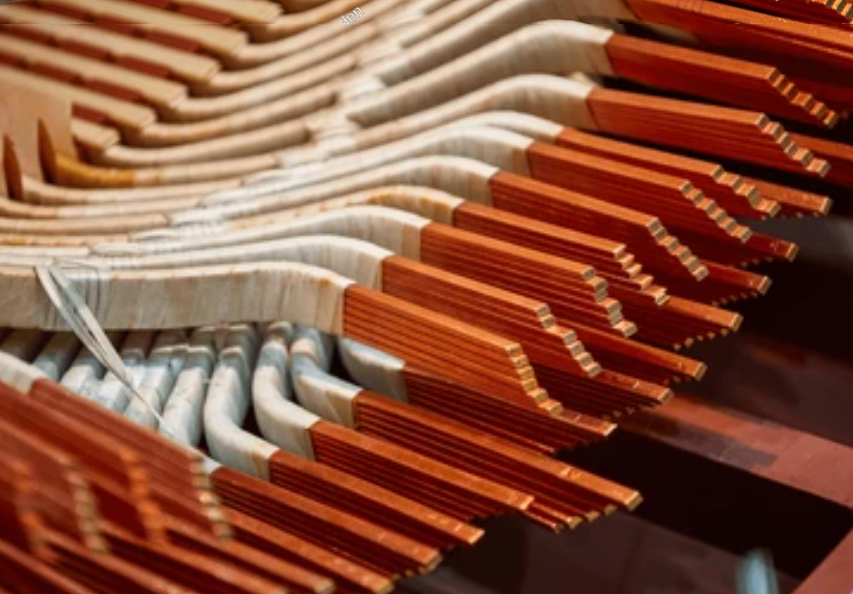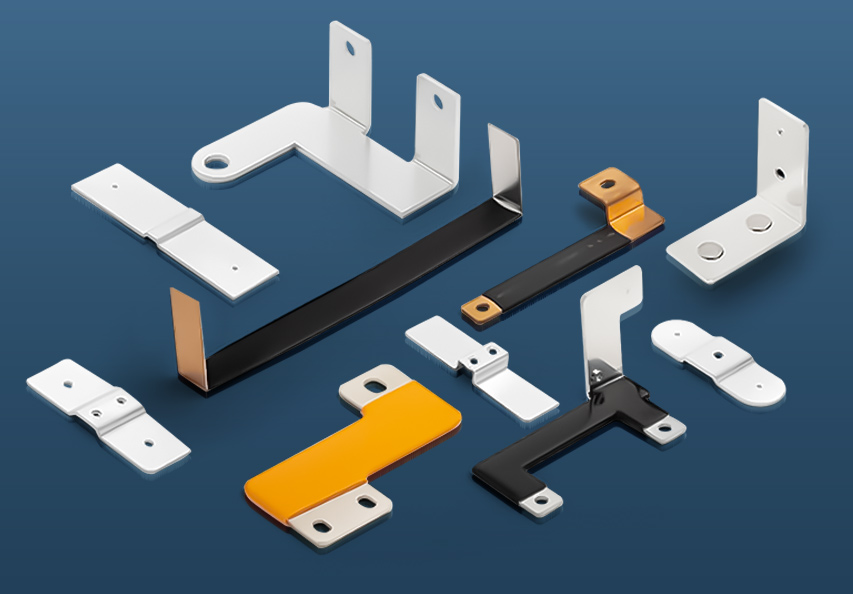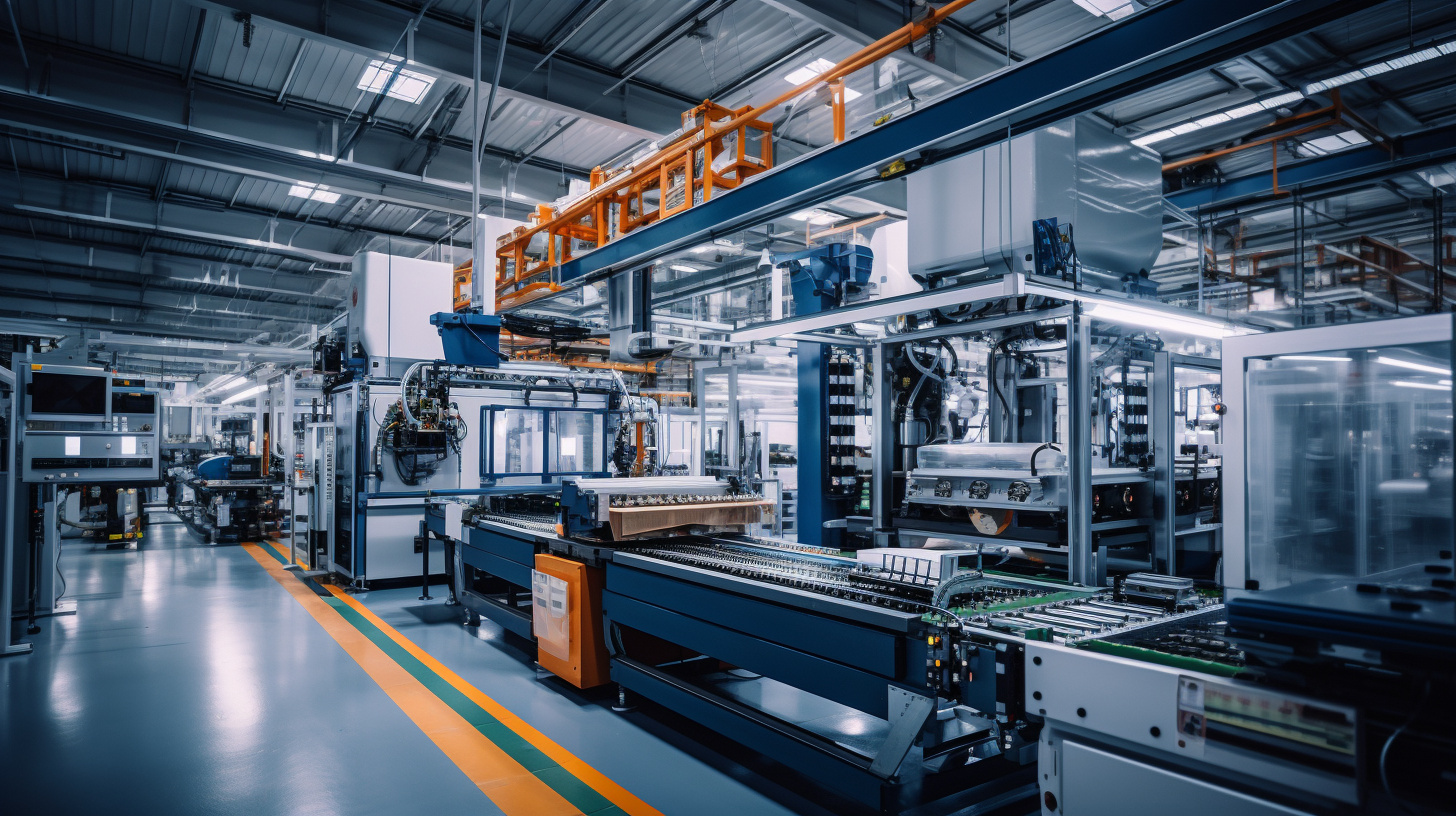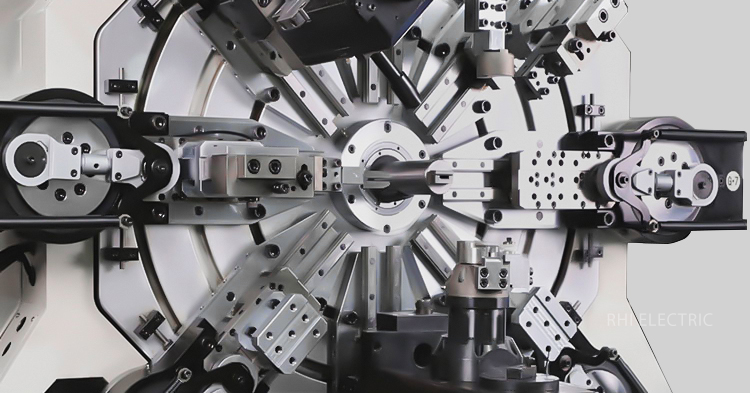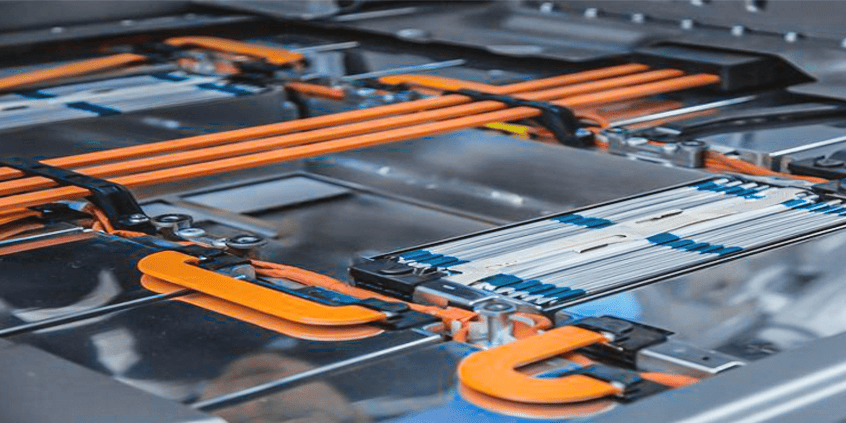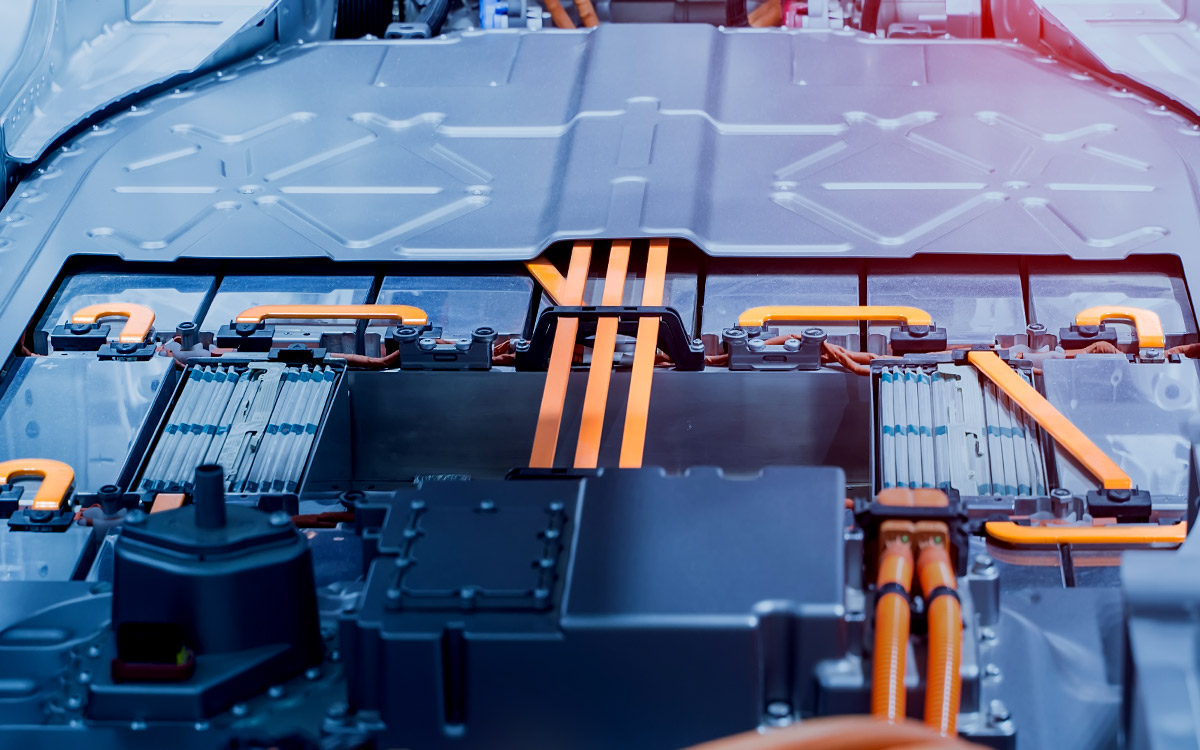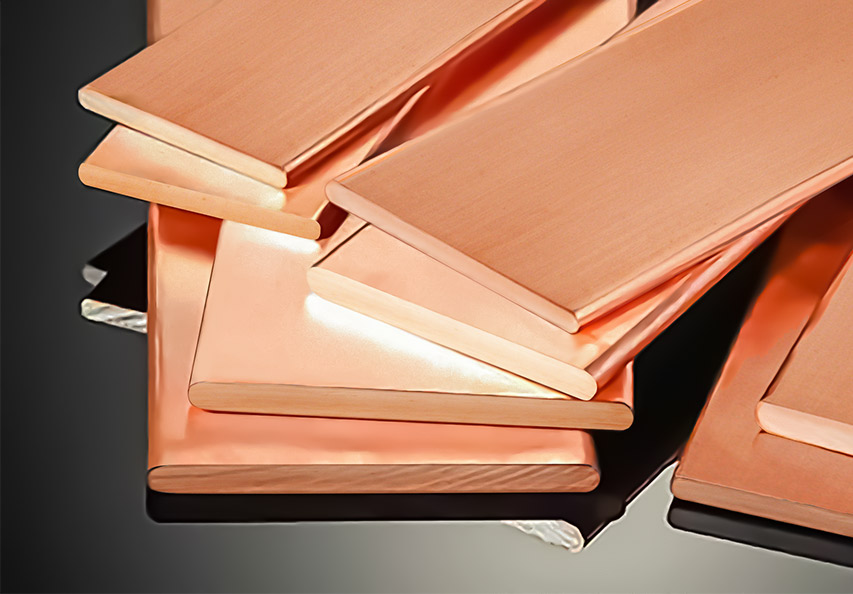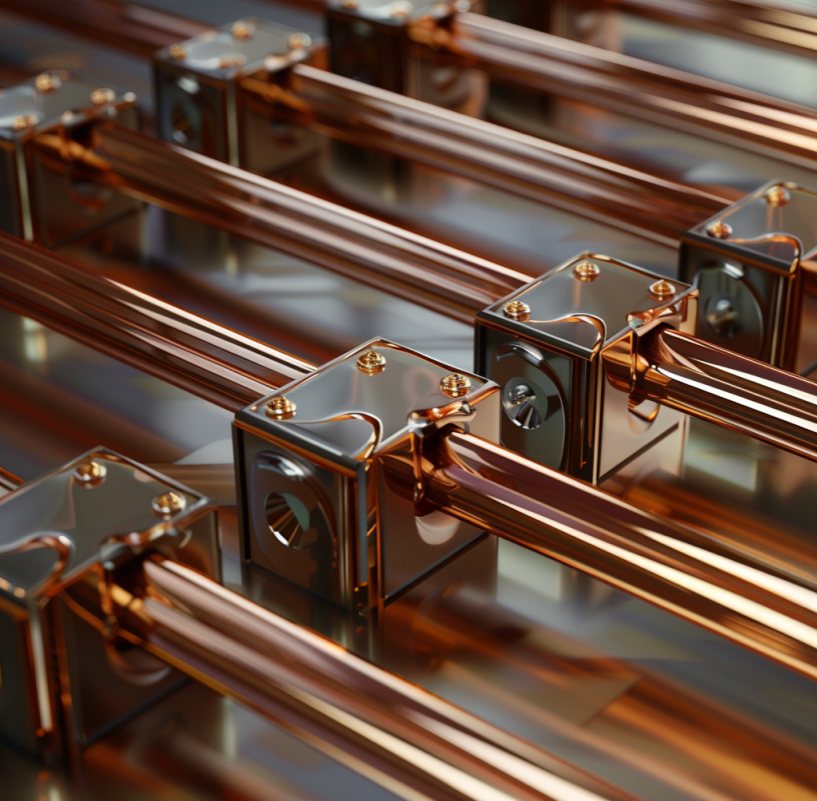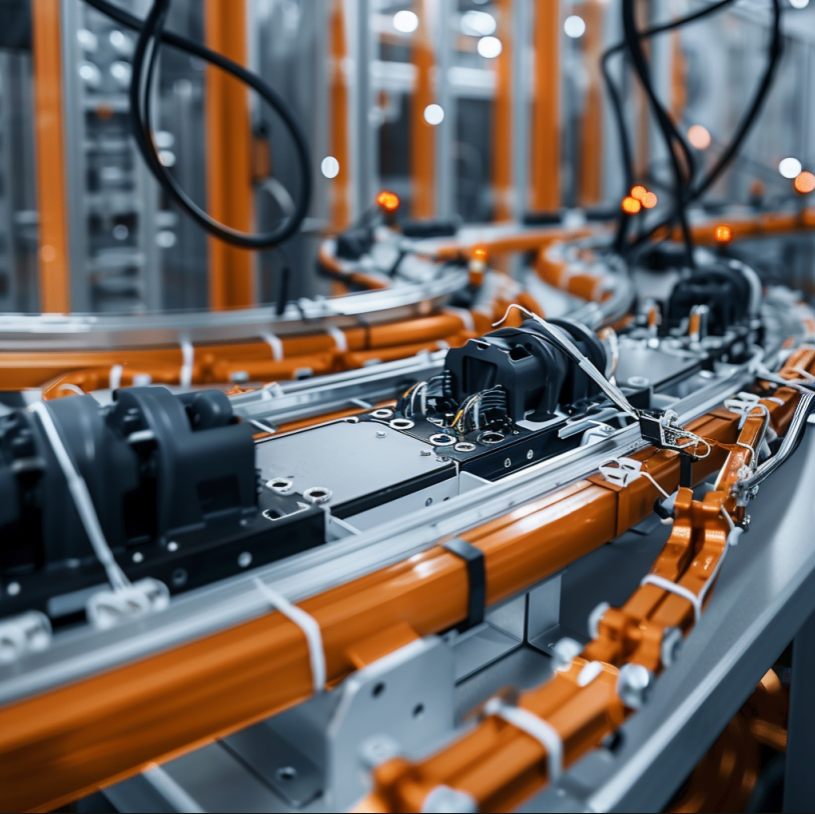

The Role of Copper Bus Bars in Power Storage Systems
As the world shifts towards renewable energy and sustainable power solutions, the demand for efficient and reliable power storage systems is on the rise. Central to these systems is the copper bus bar, a critical component that ensures the seamless distribution of electrical power. This blog explores the importance, benefits, and applications of copper bus bars in power storage systems, highlighting why they are indispensable in the energy landscape.
Understanding Copper Bus Bars
Copper bus bars are flat, rigid strips or bars made of copper, known for their excellent electrical conductivity and thermal management properties. These bus bars are used to connect various components within electrical systems, facilitating the efficient transfer of power. Their robust design and high conductivity make them ideal for use in power storage systems where reliability and performance are paramount.
Key Benefits of Copper Bus Bars in Power Storage Systems
-
Superior Electrical Conductivity:
-
High Conductivity: Copper is renowned for its high electrical conductivity, second only to silver. This property ensures minimal energy loss during power transfer, enhancing the efficiency of power storage systems.
-
Low Resistance: The low electrical resistance of copper bus bars reduces energy losses, ensuring that more power is available for storage and use.
-
-
Excellent Thermal Management:
-
Effective Heat Dissipation: Copper bus bars have superior thermal conductivity, which helps in dissipating heat generated during high-current operations. This property is crucial for maintaining the stability and longevity of power storage systems.
-
Temperature Control: Efficient thermal management prevents overheating, reducing the risk of damage to system components and enhancing overall system reliability.
-
-
Durability and Longevity:
-
Robust Construction: Copper bus bars are highly durable and resistant to wear and tear, making them suitable for long-term use in power storage systems.
-
Corrosion Resistance: Copper has excellent corrosion resistance, which ensures that bus bars remain effective over time, even in harsh environmental conditions.
-
-
Design Flexibility:
-
Customizable Shapes and Sizes: Copper bus bars can be manufactured in various shapes and sizes to meet the specific requirements of different power storage systems. This flexibility allows for optimal system design and integration.
-
Ease of Installation: The rigid yet flexible nature of copper bus bars simplifies installation and maintenance, reducing downtime and associated costs.
-
-
Safety and Reliability:
-
High Short-Circuit Withstand Capacity: Copper bus bars can handle high short-circuit currents without sustaining damage, enhancing the safety and reliability of power storage systems.
-
Consistent Performance: The inherent properties of copper ensure consistent electrical performance, critical for the stable operation of power storage systems.
-
Applications of Copper Bus Bars in Power Storage Systems
-
Battery Energy Storage Systems (BESS):
-
Copper bus bars are extensively used in BESS to connect battery cells and modules. Their high conductivity ensures efficient power transfer, while their thermal management capabilities prevent overheating, ensuring the safe operation of the system.
-
-
Renewable Energy Integration:
-
In systems that integrate renewable energy sources like solar and wind, copper bus bars play a crucial role in connecting various components such as inverters, transformers, and storage units. Their reliability and efficiency are vital for maximizing the benefits of renewable energy.
-
-
Uninterruptible Power Supply (UPS) Systems:
-
UPS systems rely on copper bus bars for reliable power distribution during power outages or fluctuations. The high conductivity and durability of copper bus bars ensure that critical loads receive uninterrupted power.
-
-
Electric Vehicle (EV) Charging Stations:
-
Copper bus bars are used in EV charging stations to manage high-power transfers efficiently. Their ability to handle high currents and dissipate heat effectively makes them ideal for fast-charging applications.
-
-
Grid Energy Storage:
-
For large-scale grid energy storage applications, copper bus bars facilitate the efficient distribution of power between storage units and the grid. Their robust construction and high conductivity are essential for maintaining grid stability and reliability.
-
Future Trends and Innovations
The evolving landscape of power storage systems continues to drive innovations in copper bus bar technology. Some of the future trends and innovations include:
-
Advanced Manufacturing Techniques:
- Advances in manufacturing techniques, such as precision machining and additive manufacturing, are enabling the production of copper bus bars with complex shapes and improved performance characteristics.
-
Enhanced Material Properties:
- Research into new copper alloys and treatments aims to enhance the conductivity, strength, and corrosion resistance of copper bus bars, further improving their performance and longevity.
-
Integration with Smart Technologies:
- The integration of copper bus bars with smart monitoring and control systems can provide real-time data on electrical performance, enabling predictive maintenance and enhancing the reliability of power storage systems.
-
Sustainability and Recycling:
- As sustainability becomes a key focus, the development of eco-friendly materials and recycling processes for copper bus bars will become increasingly important. This will ensure that the environmental impact of power storage systems is minimized.
Copper bus bars are indispensable in the design and operation of modern power storage systems. Their superior electrical conductivity, excellent thermal management, durability, and design flexibility make them essential for efficient and reliable power distribution. As the demand for renewable energy and sustainable power solutions continues to grow, the role of copper bus bars in power storage systems will become increasingly significant. Embracing innovations and advancements in copper bus bar technology will be key to unlocking the full potential of power storage systems and achieving a more sustainable energy future.






